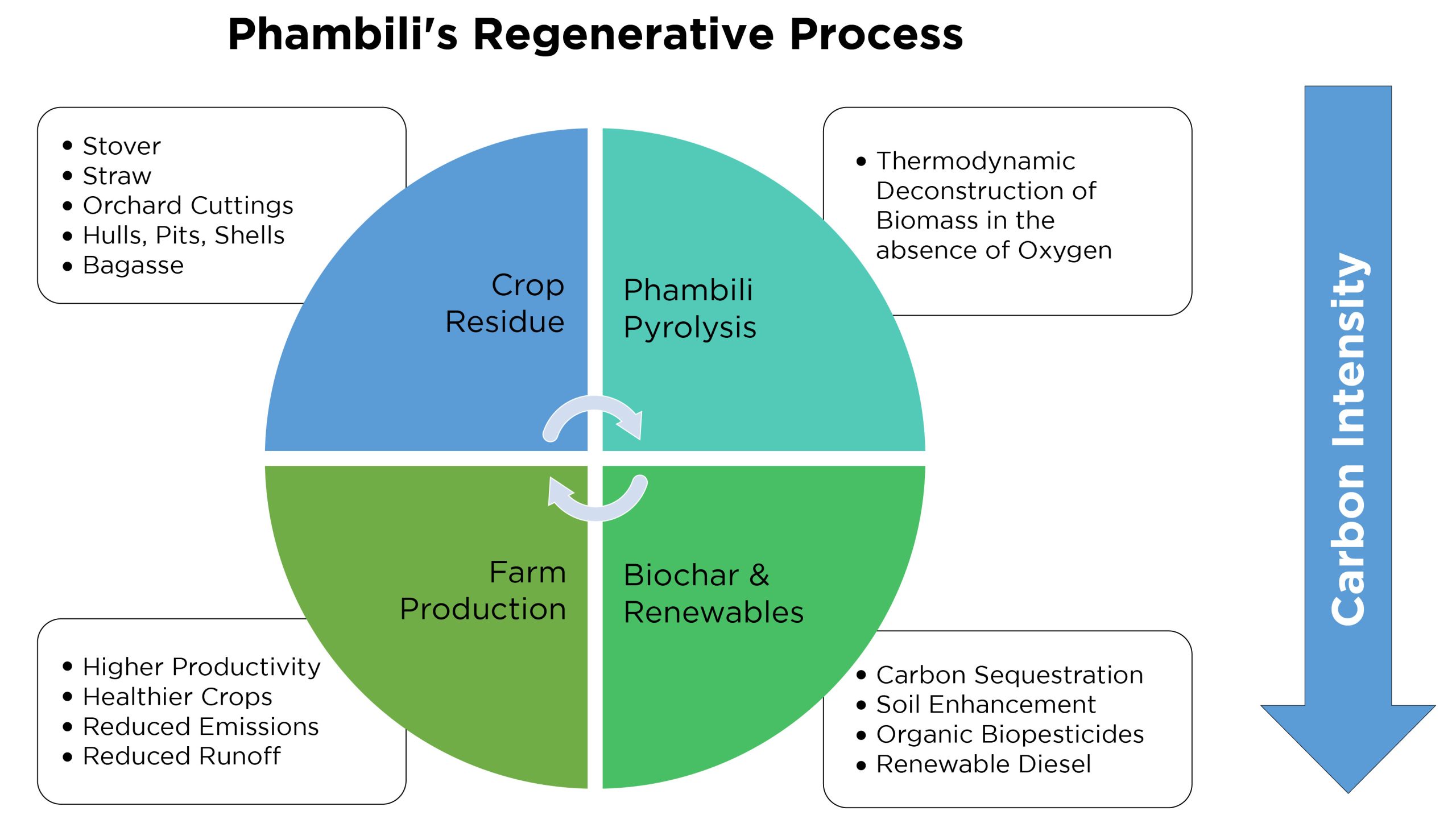Agriculture is entering a transformative era, and we at Phambili believe in the power of innovation combined with traditional wisdom to bring about a successful transition to regenerative farming. While the green revolution successfully fed a growing global population, it came at a cost. Our soil health, biodiversity, and climate have suffered as a result of extractive practices. We must move quickly to transform agriculture by employing a suite of practices known as regenerative agriculture.
Regenerative agriculture harmoniously blends sustainable innovation with time-honored practices. The essence of this concept lies within practices that regenerated our soils and the planet’s ecosystems. By adopting regenerative agriculture practices, we can improve soil health, achieve high productivity, produce premium quality food, combat climate change, and restore lost biodiversity.
Phambili provides fundamental tools that agricultural producers can incorporate as part of a successful regenerative program.

